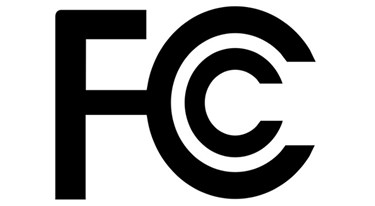FCC Approves Measure To Make Blocking Robocalls Easier For Consumers

By Christine Kern, contributing writer

Will blocking feature hurt retailers’ marketing efforts?
The Federal Communications Commission has approved a proposal that will allow consumers to block robocalls and texts and restrict businesses and telemarketing companies from making them.
The proposal was approved by a 3 to 2 vote, and the FCC said that companies are now legally allowed to provide this service to customers who request it in order to take back control of their phones.
"Phone companies, please start letting your consumers request to have robocalls blocked," said FCC Chairman Tom Wheeler in voting for the rule changes.
"I detest robocalls and I am not alone," said Commissioner Jessica Rosenworcel. "It's time, long past time, to do something about this… to honor our cherished right to be left alone."
The measure would make it easier for consumers to end calls by simply telling businesses “no” and boosts blocking technology, with some exceptions allowing businesses to alert consumers about potential fraud.
“We must continue to close loopholes and empower consumers,” FCC Chairman Tom Wheeler wrote in a blog post. “The responsibility to protect consumers from robocalls that can be both costly and intrusive does not expire with changes in technology.”
The proposal comes as PayPal and eBay have inserted provisions in their new post-split user agreement that allows them to robocall and text customers for marketing, debt collection, and other purposes.
In response to these proposed changes, PayPal President Dan Schulman got a letter from four U.S. senators, stating: “Consumers should not have to agree to submit themselves to intrusive robocalls in order to use a company’s service,” they said. The signers were Democrats Ed Markey of Massachusetts, Al Franken of Minnesota, Robert Menendez of New Jersey, and Ron Wyden of Oregon.
The FCC decision also reaffirms that robocalls and text messages to cellphones are not allowed without the customer's consent. The Commission did allow text messages without prior consent for data breaches or suspected fraud, or emergency messages from health care providers, as long as the customer is able to opt-out of these text alerts in the future.
However, as NBC News pointed out, just because companies can provide the service, it doesn’t mean that they have to do so. The FCC cannot compel them to do so, and to date there is no sign that they plan to provide this service.
